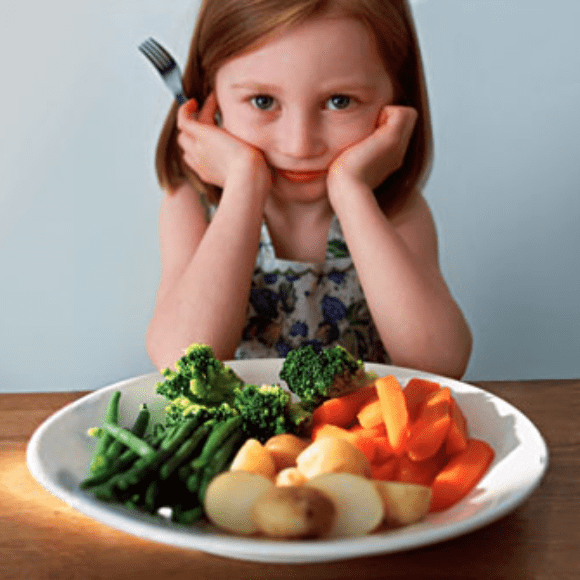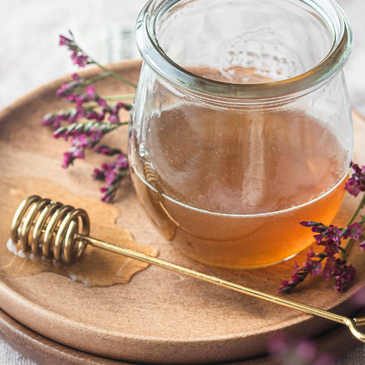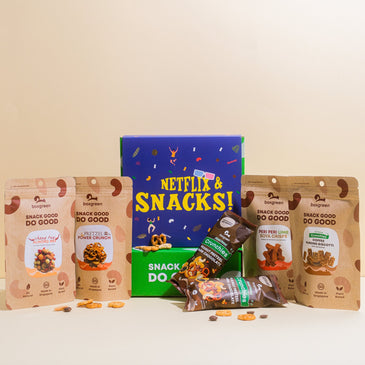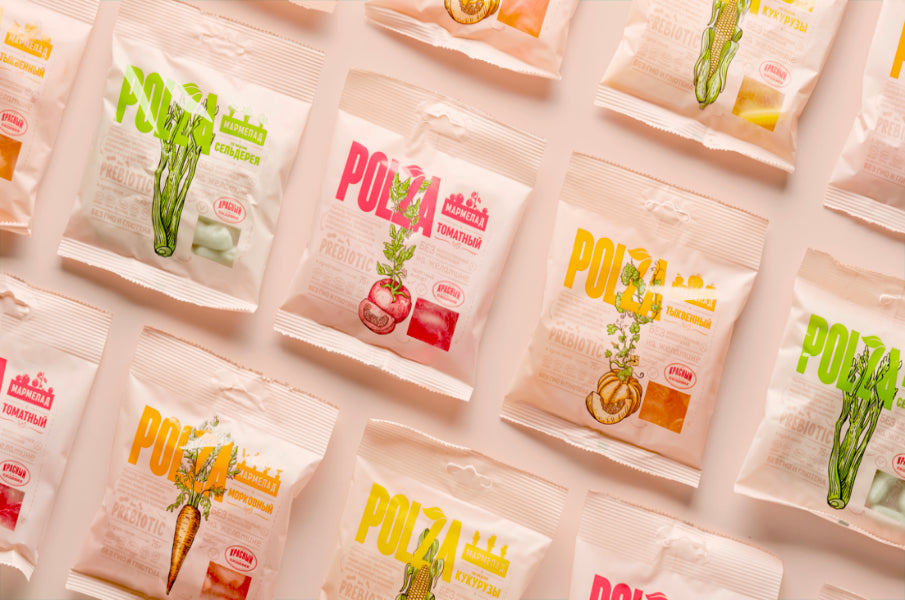
Why do all kids hate vegetables?
As a kid, I hated veg with a passion. I distinctly remember how my mom constantly tried to trick me into eating more veg, how she would forcefully put them onto my plate multiple times, and of course how I sneakily put them back when nobody’s looking. ><

Photo credit: Anna Pelzer on Unsplash
I believe that many people can relate to this. So really, why are vegetables universally despised by kids?
Reason #1: Kids need more energy than veg
Biology play a part in this. Kids need a lot more energy than adults, and vegetables are insufficient to provide them with that. In fact, some veg contain so much indigestible fibre and so few calories that one may use up all the energy consumed from the vegetable just to digest it. This also explains why kids naturally love food high in glucose, as glucose is the body’s preferred fuel.
Reason #2: Evolutionary taught kids to dislike bitter
Vegetables are generally slightly bitter in taste. This is due to their calcium content and the presence of beneficial compounds such as phenols, flavonoids, isoflavones, terpenes, and glucosinolates.
In evolutionary sense, bitterness is a sign of poison and toxicity. In fact, the bitter compounds in vegetables are indeed toxic, but only when consumed in really large amounts. With normal consumption levels, veg is very beneficial, as we adults would have already learnt by now. Children, however, function based on instinct much more than logic. Hence, it’s only natural for them to avoid vegetables.
Reason #3: They do not have enough veg-eating experience
If humans have been evolutionised to reject bitterness, why do we as adults still eat veg and enjoy them? Basically, we have had enough time and experience to discover that vegetables will not kill us, and eventually get used to the taste.
The difference between children and adults is that children have yet to learn that vegetables are not harmful. This is also why most kids tend to dislike coffee, beer and dark chocolate the first time they try them. (And of course, we all love them now.)
Reason #4: Vegetables are associated with less favourable memories
Kids tend to associate junk food such as ice cream, chips and candy with positive memories like parties, holidays and rewards. Unfortunately for vegetables, kids often associate them with distasteful moments, such as parents nagging or them being forced to eat greens against their will.
Thankfully, as we grow up, we begin to associate vegetables with health and wellness.
So what can we do?
Let’s get this straight — I’m no experts with kids. At 25 years old, I’m still not a great fan of vegetables… (I’m working on it). But here’s what my Psychology textbooks and Google says:
Solution #1: Serve it with familiar food
Studies have found that children eat more vegetables when they are paired with a familiar food or dip. Take this for an example:

Photo credit: https://www.weightwatchers.com/au/recipe/mixed-vegetable-omelettes/562688d3cb94e20c341768af
Pro tip: Hide all the greens in your ham & cheese omelette – the kids will surely love it and gobble down all the veggies unknowingly! ;)
Solution #2: Reduce the bitterness
Don’t worry, there are methods for reducing the inherent bitterness in vegetables and making them more easy on the palate. If you’re going to serve veg raw, soaking them in ice water for 30 minutes can help to sweeten the taste and reduce the bitterness. If not, marinating your veg in salt and vinegar would help to relax the bitter notes as well. Cooking it with creamy sauces (such as cheese, cream, and butter) is also an excellent way to dull the bitterness.
Solution #3: Repeated exposure
Whether you are trying to get over a fear, attempting to change a bad habit, or simply trying to like a particular veg more; gradual repeated exposure is the way to go.
Don’t start by eating 15 huge servings of broccoli straight! Instead, try incorporating a few broccolis into some of your favourite dishes, then slowly move towards having broccolis alone.

Photo credit: Louis Hansel @shotsoflouis on Unsplash
Solution #4: Neutral or positive associations
Food should never be used as a reward or a punishment! If vegetables are offered alone or before other food, hungry kids are more likely to eat them. While some gentle and firm reminders for kids to eat veg are acceptable, it’s best to avoid nagging non-stop. Most importantly, if kids often see others eating and loving vegetables, they will slowly learn that eating veg is good for them! :)






